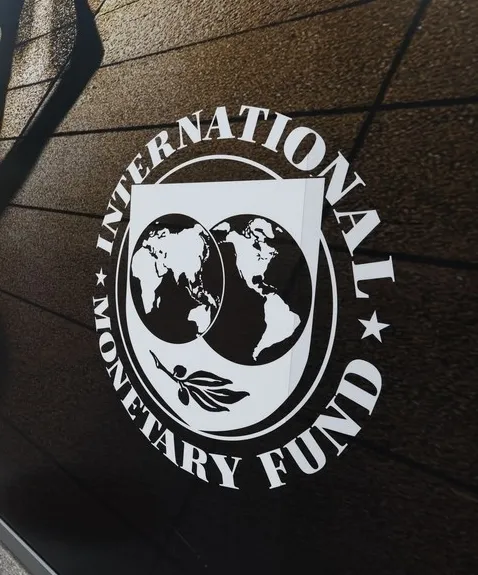Why Did India Abstain from the IMF Vote on Pakistan's Loan?

Synopsis
Key Takeaways
- India opposed further IMF assistance to Pakistan.
- IMF voting rules do not allow formal 'no' votes.
- Concerns over Pakistan's military influence in economics.
- Long history of ineffective IMF support for Pakistan.
- Funding could risk global institutional reputations.
New Delhi, May 10 (NationPress) On Friday, India expressed its strong disapproval of any further financial support from the International Monetary Fund (IMF) to Pakistan during an executive board meeting held in Washington, DC.
The IMF Executive Board is comprised of 25 Directors who represent individual member nations or coalitions. They oversee daily operational activities, including the approval of loans.
Unlike the United Nations, where each nation possesses one vote, the voting power within the IMF is proportional to the economic clout of each member. For example, countries like the United States possess a significantly larger voting stake. Consequently, decisions at the IMF are often reached through a consensus approach.
When a vote is necessary, the structure does not allow for a formal 'no' vote. Directors may choose to vote in favor or abstain, with no mechanism to oppose a loan or proposal outright.
As per government officials, India's decision to abstain from the IMF vote regarding the approval of a loan to Pakistan stemmed not from a lack of opposition but from the IMF's regulations that do not allow for a formal 'no' vote.
By abstaining, India effectively communicated its strong dissent within the limitations of the IMF’s voting framework, taking the opportunity to formally document its objections.
India raised concerns about the efficacy of the ongoing IMF assistance, pointing out that Pakistan has received support in 28 of the last 35 years, including four programs in just the past five, without achieving meaningful or sustainable reform, officials stated.
India emphasized the ongoing dominance of the Pakistani military in economic matters, which hinders transparency, civilian oversight, and enduring reform.
India firmly opposed the allocation of funds to a nation that continues to sponsor cross-border terrorism, cautioning that such support poses reputational risks for global institutions and undermines international standards, according to government sources.
India abstained from voting on the proposal to extend a fresh $1.3 billion IMF loan to Pakistan under the Resilience and Sustainability Facility (RSF) lending program during the meeting.










